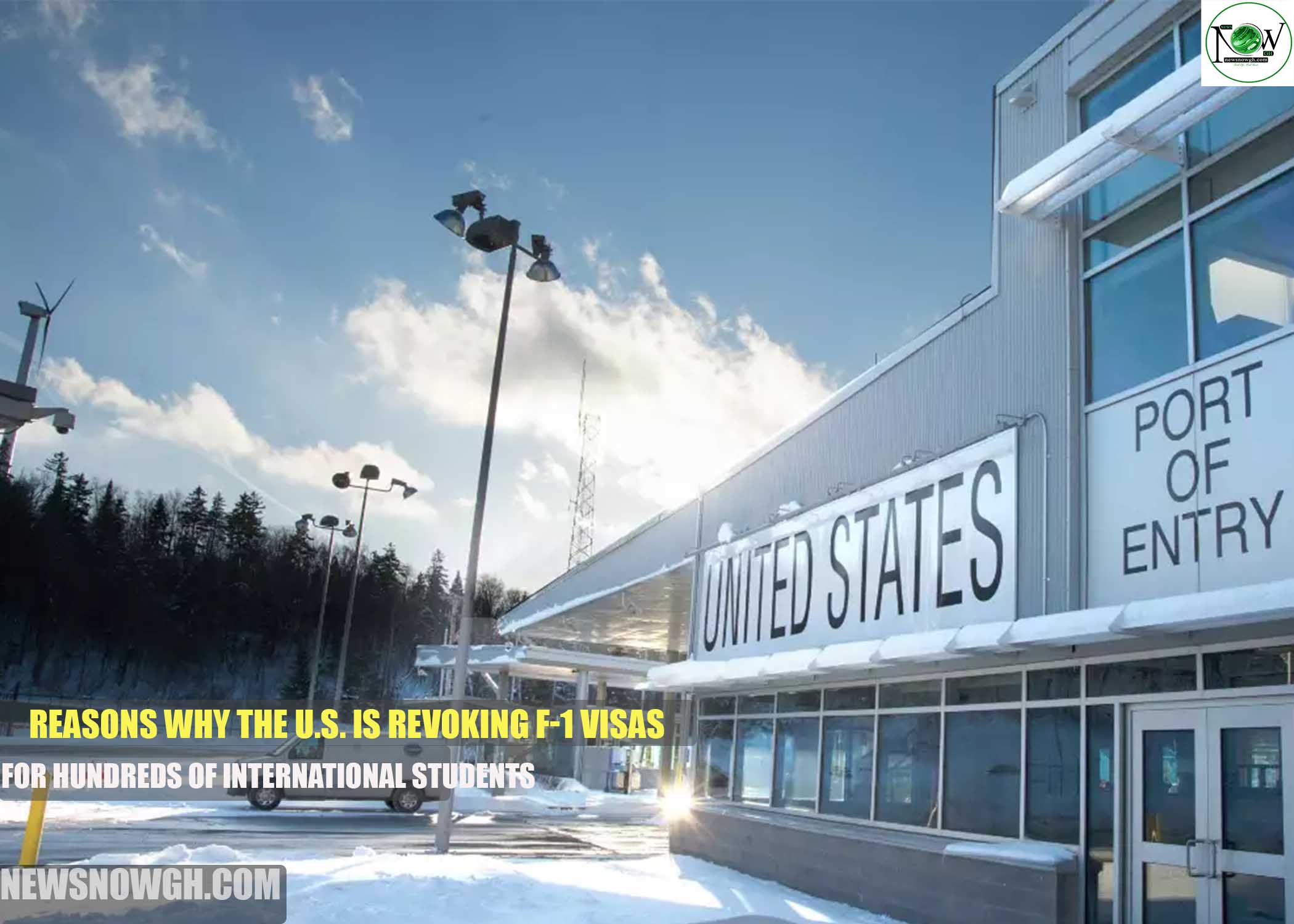Reasons Why the U.S. Is Revoking F-1 Visas for Hundreds of International Students
The U.S. has recently revoked the F-1 visas of hundreds of international students due to their online activities and campus activism. This sudden crackdown, led by the U.S. Department of State, has left many students facing self-deportation and uncertainty about their future visas.
A Rapid Crackdown
This unexpected action has shocked the academic community. The Department of State cited involvement in campus activism and online expressions deemed “anti-national” as reasons for the visa revocations. As a result, students now face serious repercussions for their activities.
Targeting Free Expression
The effort, initiated by U.S. Secretary of State Marco Rubio, extends beyond physical protests. Students are penalized for merely liking or sharing social media posts criticizing U.S. policies. This approach raises significant concerns about freedom of expression within the United States.
Impact on Indian Students
Many affected students are from India, constituting a significant portion of the over 1.1 million international students in the U.S. during the 2023-24 academic year. This situation creates uncertainty for Indian students who intend to study in the U.S.
AI Surveillance Tools
The State Department has implemented an AI-powered app called “Catch and Revoke.” This tool identifies and cancels visas of students believed to support designated terrorist organizations, such as Hamas. Alongside increased scrutiny of new F, M, and J visa applications, this creates a fearful atmosphere for current and prospective students.
Mandatory Self-Deportation
Affected students receive emails from the Bureau of Consular Affairs. These emails inform them of visa revocations under Section 221(i) of the Immigration and Nationality Act. They must self-deport using the CBP Home App, a tool developed during the Trump administration.
Consequences for Staying
Students who remain in the U.S. without legal status risk fines, detention, or deportation. The notice warns that deportations may occur suddenly and could send students to countries other than their home nations. Additionally, students may face bans on future U.S. visas.
Visa Cancellation Process
Departing students must present their passports at the issuing U.S. embassy or consulate for physical visa cancellation. This requirement underscores that future travel to the U.S. will necessitate a new visa application, with no guarantee of approval.
Statements from Officials
Secretary Rubio has emphasized that a U.S. visa is “not a birthright.” He reiterated that any violation of visa terms would lead to expulsion from the country.
Involvement of ICE
The Department of Homeland Security’s Immigration and Customs Enforcement (ICE) is now involved. They oversee the Student Exchange Visitor Program and may manage removal proceedings while notifying affected students’ schools.
Guidance for Students and Parents
- For Parents: Maintain open communication with your children studying in the U.S. Be aware of their online activities.
- For Current Students: Stay informed about U.S. policy changes and ensure your online activity complies with visa regulations.
- For Prospective Students: Exercise caution when expressing political opinions online. Prepare for increased scrutiny during the visa application process.
This situation highlights the complexities and risks involved in the current U.S. immigration landscape, especially for international students.
Follow NewsNowGh to stay updated on the latest information regarding work permits, visas, and visa-sponsored employment.


